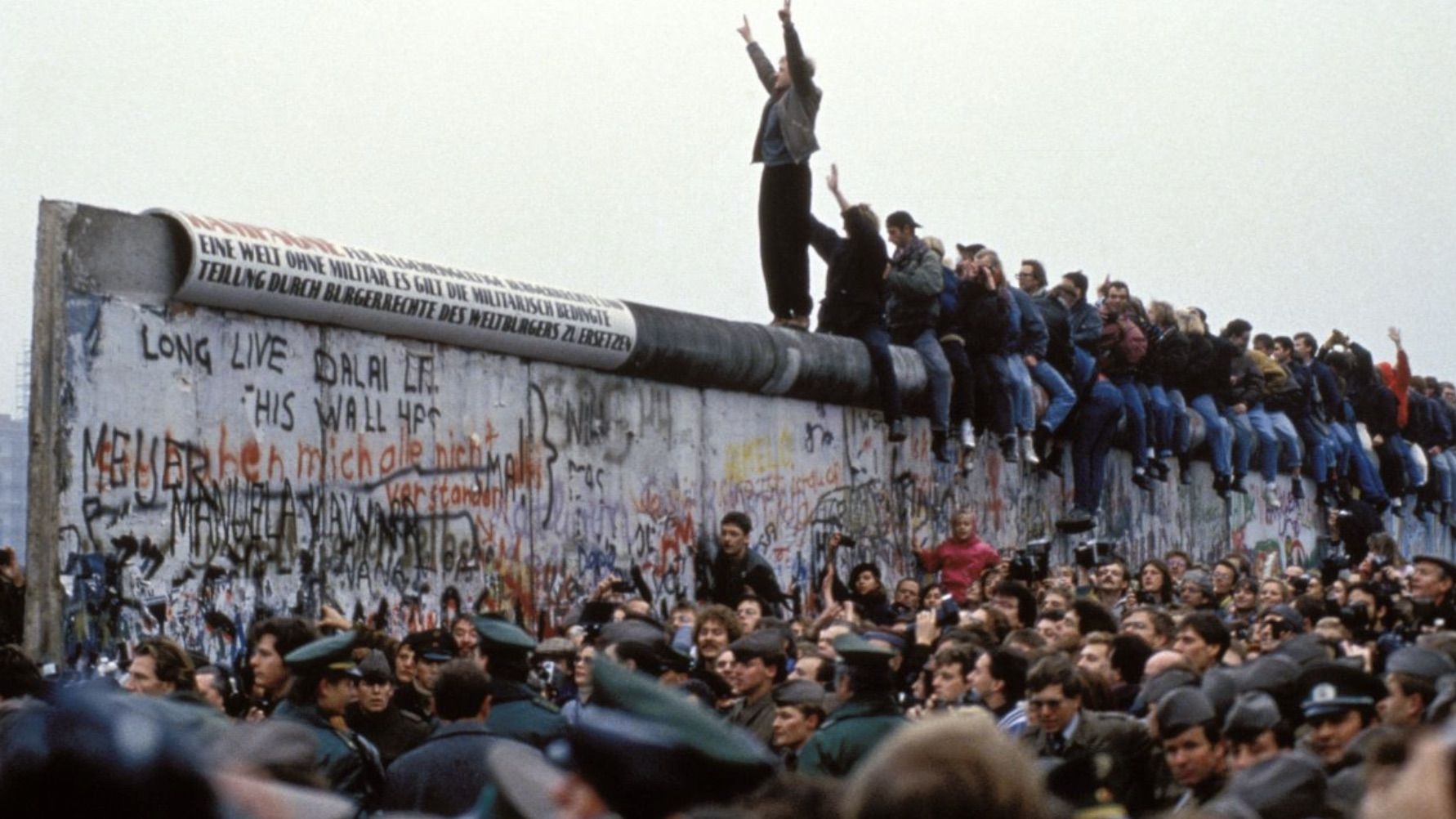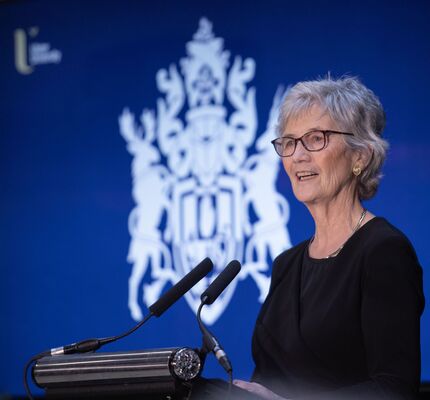BERLIN 1989. The communist efidice is crumbling. Citizens of the country decide to hop over the Berlin Wall and some start taking out the Kangol hammers.
On the Stazi side of the wall there are those who love communism. They have benefited from its structure and decades of Russian comfort. But the for the majority, the East German government has been cruel and kept them impoverished. Attempts at modernisation and reform feel like a waste of time for the populace and it has decided that their future is different and German unity becomes the realistic demand. The West German political elite is caught off guard, but welcome these developments, and with the support of much of the Western international community, the hundreds of thousands of visas that were issued at the beginning of December become a time-wasting exercise as free movement then becomes unity by October.
It is unplanned, imperfect and difficult on many practical levels. But ultimately it reflects the democratic choice of the majority. Those whose allegiance had been to a police state which suffocated democracy by spying on journalists, lawyers and human rights activists find that rather than having their hurt feelings pandered to, they are subject to accountable truth-seeking processes to ensure the harms are never repeated.
As we go into the winter of 2025 with the British and Irish states resisting the very idea of democracy in the North of Ireland, these are salient lessons.
Over the past weeks the nature of how this population is forced to live was exposed in different ways, as though it is completely normal to live like this. Victims of state violence listened to the absurd British Prime Minister tear up the Legacy Agreement, reached with the Irish government, when he spoke about special measures for former British soldiers, who have potentially been involved in murder. Calling them “veterans”, their place as human rights abusers and actors to the conflict is being deliberately soft-focused before the bereaved families have even had a chance to read the “agreement”.
The PSNI has yet again “apologised” for spying on journalists, lawyers and human rights activists, but they tell us it isn’t systemic – I presume in the same way that collusion wasn’t systemic.
While we are on the subject of the British state directing non-state actors in a murderous campaign, the family of Sean Brown is denied the public inquiry into their husband and father’s murder by the same government, despite all of the courts’ directives that this happens immediately.
The British government scoffs at the idea of setting a date for a referendum while the Irish government, under Micheál Martin, thinks it is perfectly acceptable that Irish citizens living in their own country are treated as second class and their peace agreement is disregarded in London. It is almost as though Fianna Fáil has benefited from partition and doesn’t want unity.
There was no referendum in Germany in 1990. The East German elections gave a majority to the party seeking reunification and that was enough for the international community and there was no false veto for the regime-lovers.
In the absence of formal planning, Irish citizens will be forced into a chaotic and unplanned change in the not too far future. And all this smooth talk of delay will look like defensive but deliberate resistance to the historical change that is coming.








